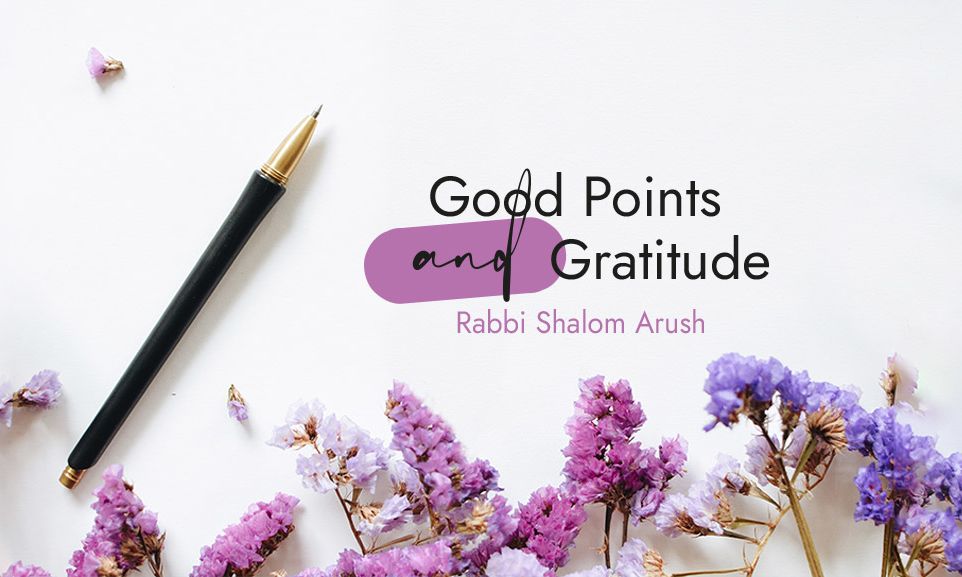
Good Points and Gratitude
Pesach is a special time of the year for us to do "spiritual spring cleaning"; we cleanse our hearts of ingratitude and all other emotional toxins…

Pesach Cleaning
Pesach is a special time of the year for us to do “spiritual spring cleaning.” That means that we cleanse our hearts and brains of ingratitude, self-persecution, negative emotions and all the other toxins that are so prevalent in the world that hasn’t yet learned emuna.
As soon as we recognize our ultimate purpose and contemplate the spiritual gifts that Hashem has given us, we realize that we must thank G-d. Without His spiritual gifts, it would be irrelevant to say that we are obligated to thank Him, since nothing will remain of the physical portion of our lives. If all the abundance that G-d gives a person would be strictly material and relevant to this world, then we would thank Him a bit for our daily sustenance. Just as there’s a major difference between a disposable cup and an heirloom silver goblet, we are obligated far more to thank Hashem for our souls and the spiritual side of our lives than we are for the material side of our lives, which is ever so temporary like a paper cup.
Every success in this world is frivolity. Take the greatest people in this world, like a renowned statesman, a famous genius, or a vastly wealthy corporate magnate – as soon as their time on earth is up, they are no better than a disposable paper cup. Nothing will remain of them.
How many people remember the anniversary of the deaths of national leaders? Does anybody light a candle for them, pray at their graves or quote them? On the other hand, we still remember and long for the tzaddikim. After hundreds or even thousands of years, they are still alive – even more so than when they were in the flesh. The holy Zohar writes that after his death, a tzaddik is more involved in this world than when he was physically alive. The Talmud also states that tzaddikim are greater after they die than when they are alive.
I was in Morocco at the graves of ancient tzaddikim. People still frequent their resting places regularly and care well for them. They feel the presence of the tzaddik at their grave sites, and they pray and learn the tzaddik’s Torah teachings there. Their prayers are answered – not just on the anniversary of the tzaddik’s death, but all year round.
Spiritual Gifts
Looking at the beautiful spiritual gifts in this world, we realize that we have so much to live for and so much to be thankful for. Our obligation of thanks to Hashem is therefore much more than good manners or proper etiquette.
A young married man who lived in a non-observant community once came to ask my advice. He was overcome with sadness. He asked me: “What can I do to change my life?”
“First of all, work on being happy,” I said to him. When I saw the astonished expression on his face, I understood that he didn’t believe that he could be happy in his situation. So I showed him some of the good points in which he can rejoice: “Thank G-d, you observe Shabbat and you don’t eat chametz (leavened products) on Pesach. You built a succah this past Succot, and you put on tefillin this morning – you should be jumping for joy!” Every tiny mitzvah, every minuscule spiritual endeavor, each and every syllable of Torah learned, and a single word of prayer is a reason to rejoice, especially when considering the unimaginable rewards that such spiritual endeavors earn. As such, we are truly obliged to thank G-d for the wonderful opportunities He gives us to serve Him and to perfect our souls by way of the Torah and mitzvot.
In their prayers, the Sephardim also add: “We are obligated to sing praises before You.” We are obligated to sing to G-d! This is no nuance, for every Shabbat, we all recite the moving Nishmat Kol Chai prayer, which says: “For it is the obligation of the created being to sing praise before You.” This reminds us that we’re not doing G-d a favor by saying “thank You,” as if it were some act of special devotion or piety on our part. Indeed, gratitude is the bare minimum repayment for the myriad of blessings that we enjoy each moment.
This leads us to a new idea that we must fully internalize: Rebbe Nachman writes (Likutei Moharan, I:282) that a person must identify his own good points and rejoice in them. He must search for every meritorious deed that he performed and be happy about it.
In the Nishmat prayer we say: “For it is the obligation of all created beings before You to give thanks.” There is an obligation to thank, praise and glorify G-d. Thus, Rebbe Nachman’s advice to look for our own good points is more than a simple recommendation. It is also an obligation. We should realize that every meritorious deed that we have performed is a gift from G-d! We are subsequently obligated to thank Him and rejoice in the good deed that He has enabled us to do. Pesach is a special time for new beginnings, so let’s start thanking Hashem and rejoicing right now; Happy Pesach!




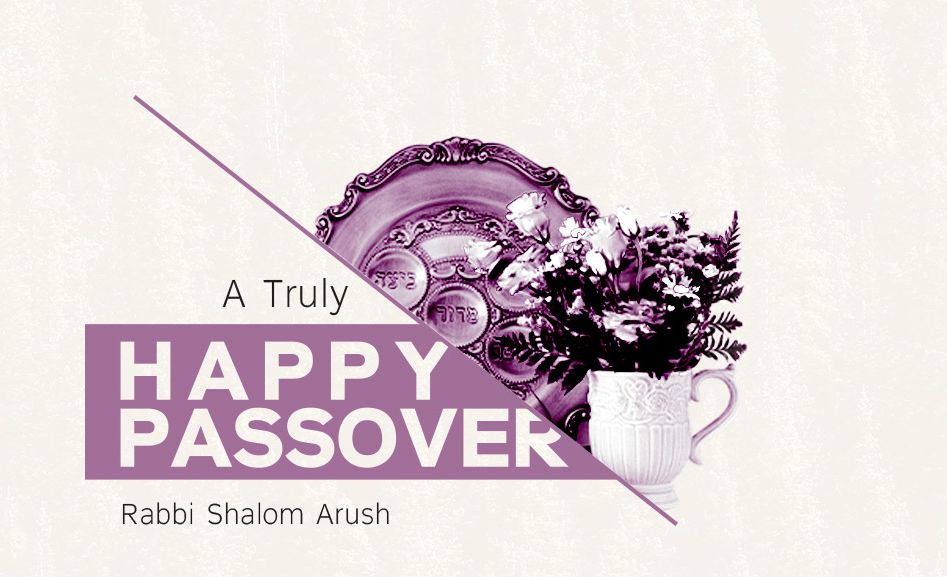


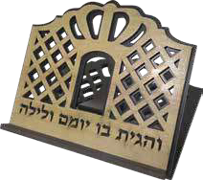
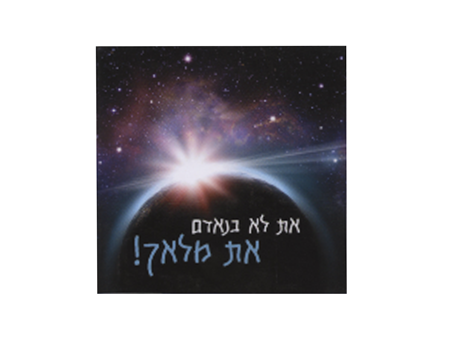

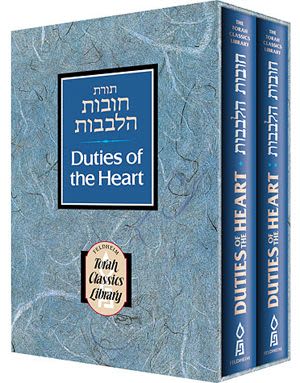
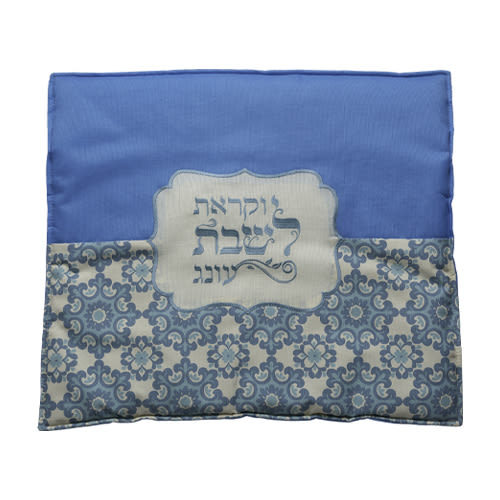
Tell us what you think!
Thank you for your comment!
It will be published after approval by the Editor.